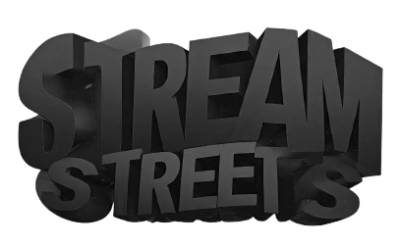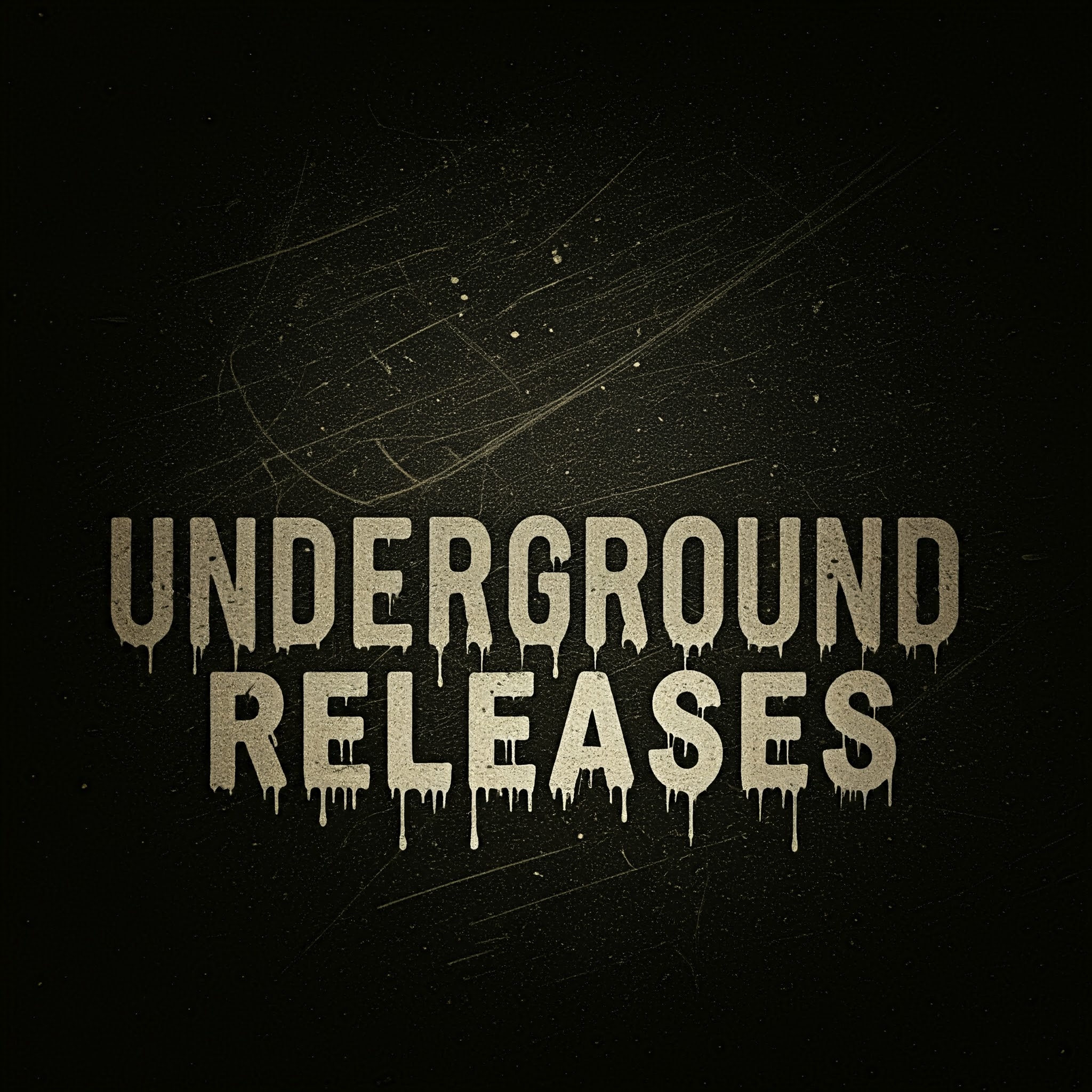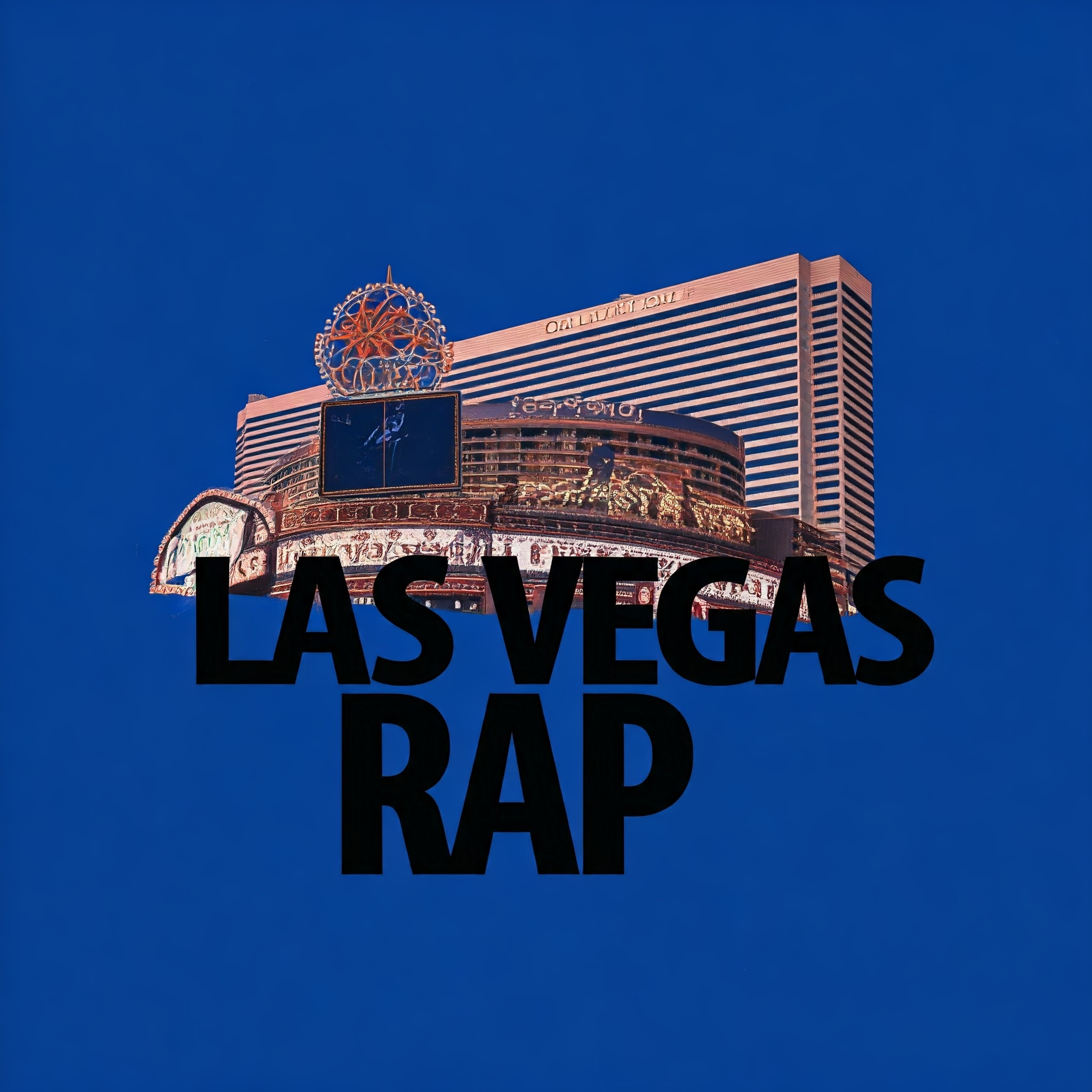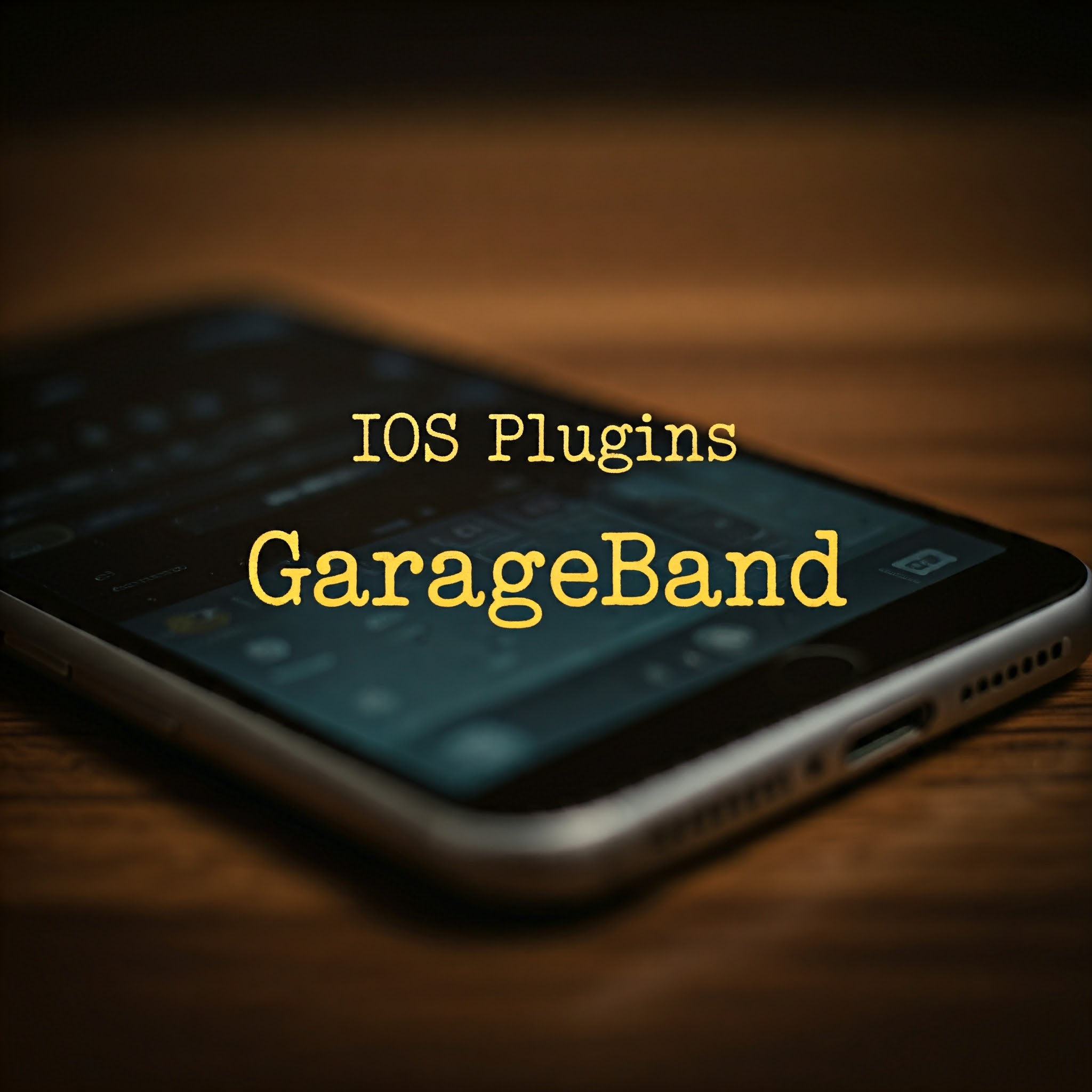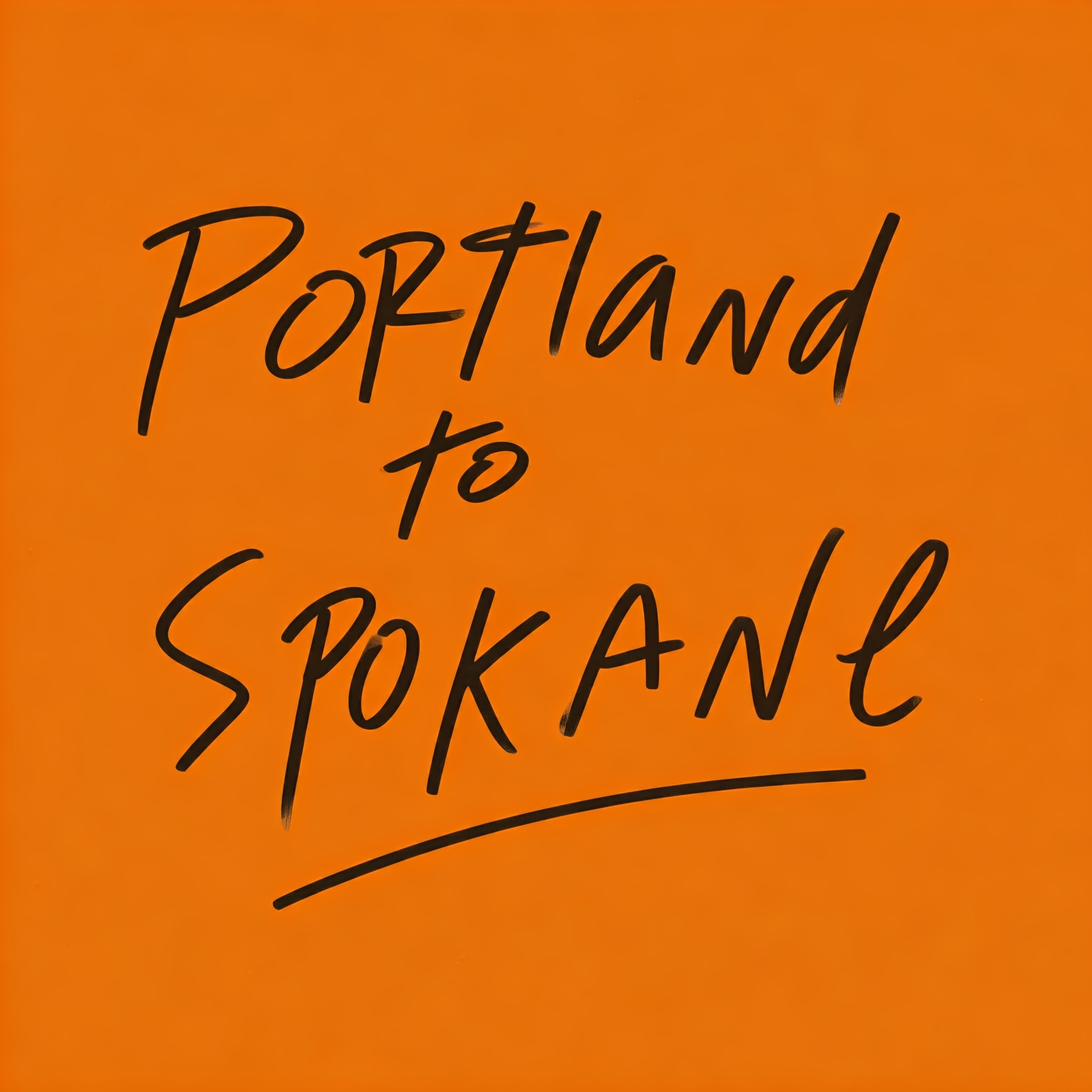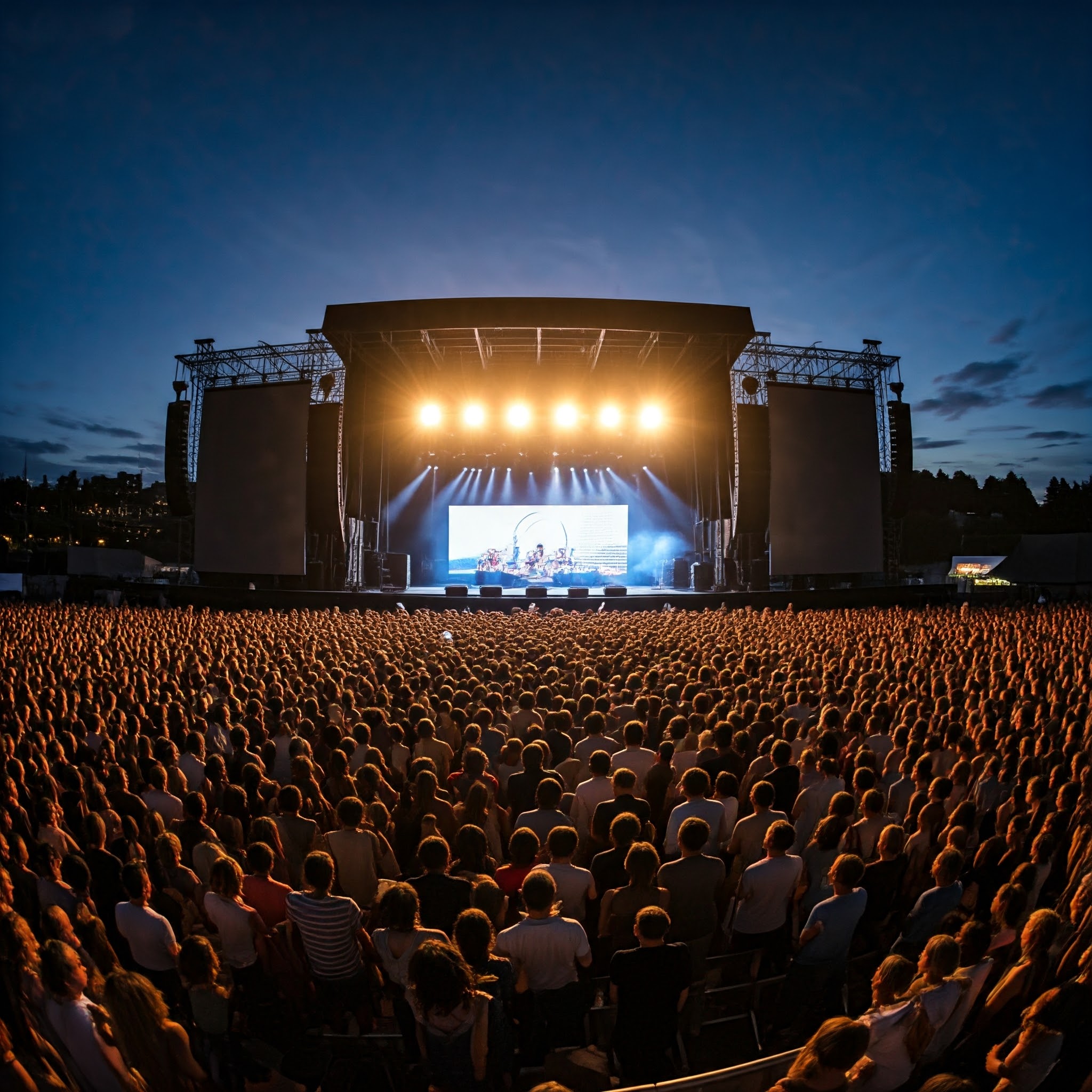
Breaking into the live music scene can feel like a daunting task for any musician, DJ, rapper, or band. However, with the right strategies and persistence, you can find opportunities to perform live and grow your audience. Whether you’re looking to play small local venues or aim for bigger stages, here’s a guide on how to get your foot in the door, reach out to promoters, and network your way to the next show.
1. Utilize Facebook Groups & Online Communities
Facebook groups are a goldmine for independent musicians looking to find live performance opportunities. Many local groups are dedicated to connecting artists with venues, event organizers, and other musicians in the area. Here’s how to use them effectively:
- Join Relevant Groups: Look for groups that focus on live music events, DJ meetups, or local rap/hip-hop scenes in your city or region. Some groups are specifically set up for booking shows, while others may be more general community spaces for sharing opportunities.
- Post Your Music and Availability: Don’t just wait for promoters to post. Introduce yourself, share your music, and let others know you’re available to perform. Be professional but friendly.
- Engage and Network: React to other posts, comment on upcoming events, and offer your services or expertise. By participating regularly, you’ll establish yourself as an active and reliable member of the community.
- Be Specific in Your Requests: When reaching out for opportunities, be clear about what you’re offering—whether it’s your DJ set, rap performance, or a full band show. Mention any previous experience, your genre, and the kind of venues or events you’d like to play.
2. Email Venues and Promoters Directly
Once you have your music and stage presence ready, it’s time to reach out to venues and promoters directly. Emailing is still one of the most professional ways to make your pitch.
- Research Venues: Find out which venues host the kind of music you perform. Local bars, clubs, concert halls, and underground venues often feature up-and-coming artists. Check their social media pages or websites for booking information.
- Craft a Compelling Email: Keep your email concise, respectful, and to the point. Introduce yourself and mention what kind of performance you offer. Include links to your music, social media profiles, and any press coverage you’ve received. If you have videos of past performances or live streams, include those too. Mention your availability and ask for the opportunity to perform.
- Follow Up: If you don’t hear back within a week or two, don’t be discouraged. Politely follow up with a reminder and ask if they’re interested in booking you for an upcoming event. Persistence often pays off.
3. Reach Out to Event Organizers & Booking Agents
Event organizers, especially those running music festivals, underground shows, or private events, are always on the lookout for fresh talent. Some booking agents also scout for emerging acts and can help you secure gigs.
- Look for Underground Events: Smaller, grassroots shows often happen at unconventional venues like warehouses, DIY spaces, or house parties. These events may not be as publicized, but they can be great opportunities for exposure. Start by attending these shows and networking with event organizers.
- Find a Booking Agent: If you’re struggling to get in touch with venues directly, a booking agent might help open doors. While agents usually work with bigger acts, some are willing to take on new artists. Research agents who specialize in your genre and reach out with a solid press kit.
- Offer to Open for Established Acts: Opening for a more established artist or group is a fantastic way to get your foot in the door. Many event organizers prefer to book newcomers as opening acts to support the main headliner. Be proactive and reach out to these headliners or their teams, offering your services as an opening act.
4. Network at Underground Shows and Events
Networking is one of the most powerful tools for getting booked. It’s not just about sending emails or posting on Facebook—it’s about building relationships within the scene.
- Attend Local Shows: Even if you’re not performing, show up at local music events and support your peers. Talk to other musicians, DJs, promoters, and fans. Word-of-mouth is incredibly important, and by being present, you increase your chances of getting recommendations.
- Collaborate with Other Artists: Collaboration can be a great way to build your performance resume. If you meet other artists who are already playing live shows, ask if they’re open to collaborating or sharing performance opportunities.
- Be Active on Social Media: Platforms like Instagram, TikTok, and Twitter are great places to network with promoters, venues, and other artists. Regularly post your music, behind-the-scenes clips, and performance videos to stay visible. Engage with local music scenes by tagging venues and artists in your posts, which can lead to new connections.
5. Play for Free or Low Pay at First
Starting out, it’s not uncommon for musicians, DJs, and bands to play shows for little or no pay. While this might seem frustrating, it’s often a necessary step in building your live performance experience, audience, and connections. Here’s why:
- Exposure: Playing smaller, lower-paid shows can help you build a local following, which can lead to bigger opportunities later on.
- Experience: Every performance—no matter the size of the crowd or pay—teaches you something new about stage presence, handling live sound, and connecting with your audience.
- Building Relationships: Playing for smaller or unpaid gigs can help you establish connections with the venue, promoters, and other artists. They might recommend you for paid gigs in the future.
6. Keep a Professional Press Kit
Whether you’re emailing a venue or reaching out on social media, always have an up-to-date press kit ready to share. A professional press kit should include:
- A Bio: A short, engaging bio that explains who you are and what your music is about.
- Links to Music: Links to streaming platforms, music videos, and any press coverage or reviews.
- Photos and Videos: High-quality promo photos and performance videos.
- Press/Media: Any media coverage, interviews, or notable mentions.
Having a press kit makes it easy for venues and promoters to get all the info they need in one place.
7. Stay Consistent and Be Patient
Booking shows takes time, persistence, and patience. Don’t get discouraged if you don’t get a response right away, or if you face rejection. The key is to stay consistent, keep improving your craft, and keep reaching out to the right people.
As you continue to perform, network, and create music, your reputation will grow, and more opportunities will come your way. The live music scene thrives on relationships and dedication—so keep putting yourself out there, and the gigs will follow.
Final Thoughts
Getting booked as a musician, DJ, rapper, or band doesn’t happen overnight, but with the right strategy, hard work, and networking, it is absolutely achievable. By utilizing Facebook groups, emailing venues directly, attending underground shows, and collaborating with fellow artists, you’ll start to build the connections and reputation needed to land live performances. Keep honing your craft, stay professional, and never underestimate the power of persistence!
